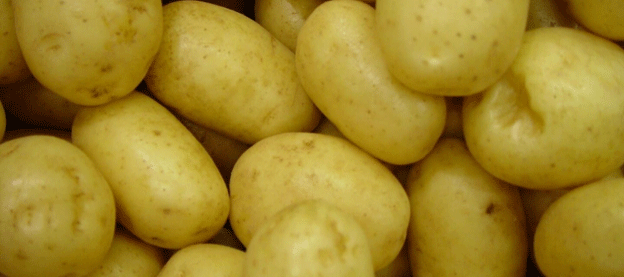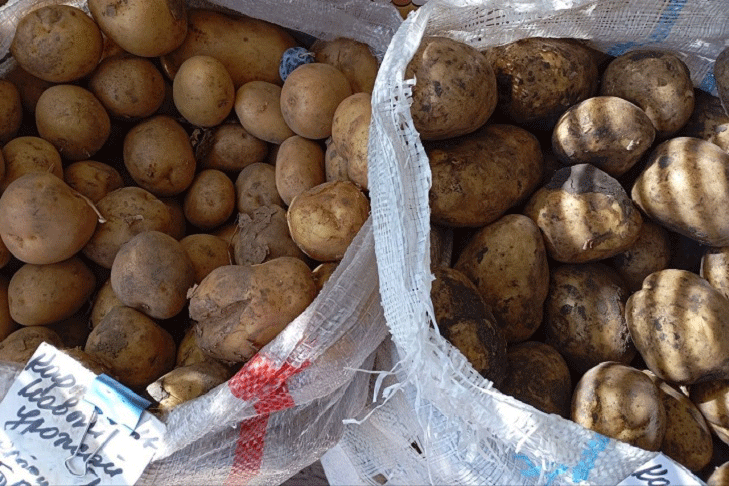In the first half of 2024, Russia saw a significant reduction in the import of fresh potatoes, with shipments falling by 29.5%, according to the Russian Federal Service for Veterinary and Phytosanitary Surveillance (Rosselkhoznadzor). By June 16, only 247,300 tons of foreign potatoes had entered the Russian market, a marked decrease from previous years. This drop has been linked to both changing global agricultural dynamics and a shift in the Russian market’s demand for imports.
Key Drivers Behind the Decrease in Potato Imports
One of the major factors contributing to the reduction in potato imports is the altered export strategy of Egypt, which has been one of Russia’s leading suppliers of early-season potatoes in recent years. According to Alexey Krasilnikov, the Executive Director of the Potato Union, Egypt has shifted its focus toward Western European markets. This change was driven by poor harvests in Europe in 2022–2023, which increased demand for Egyptian potatoes across the continent. As a result, fewer potatoes have been available for export to Russia.
The decline in imports, especially from Egypt, has been felt most acutely in Russia’s processed potato sector. In particular, manufacturers of French fries and potato chips have faced shortages, as the early-season potatoes typically imported from Egypt are crucial to meeting the demands of these industries. The reduced availability of potatoes has naturally led to price hikes, both in the wholesale and retail sectors.
Impact on Domestic Potato Prices
The reduction in imported potatoes has pushed up prices for domestic potatoes, contributing to the rising cost of this staple crop. On the wholesale markets, prices have surged due to the increased reliance on local production to fill the supply gap. Retail prices have also risen, making potatoes less affordable for consumers. This situation highlights the vulnerability of markets that rely on imports for a significant portion of their supply.
Domestic potato producers in Russia are now in a position to capitalize on the reduced competition from imports. However, with the increased cost of production due to various factors, including labor and input costs, local farmers may still face challenges in maintaining profitability despite the higher market prices.
The Global Context and the Future of Potato Imports
This reduction in potato imports comes at a time of increased volatility in global agricultural markets. Rising prices for raw materials, shipping disruptions, and changing weather patterns have all contributed to shifting trade dynamics. In Russia’s case, the decrease in imports is largely a reflection of Egypt’s pivot to more lucrative markets, but it also underscores the risks that countries face when relying heavily on imported food products.
Looking ahead, it is unclear how long this trend will persist. If the shortage of early-season potatoes from Egypt continues, Russian farmers will need to find ways to expand local production to fill the gap. This could lead to a long-term shift in agricultural practices, as Russia may invest in improving its potato growing capabilities to reduce reliance on imports.
The nearly 30% drop in potato imports to Russia in 2024 is a significant event in the country’s agricultural landscape. The shift in Egypt’s export strategy, combined with local production challenges, has led to higher prices for domestic potatoes, affecting both producers and consumers. While domestic farmers may benefit from reduced competition, the rising prices reflect the broader uncertainties in global agricultural markets. To ensure a stable supply of potatoes, Russia may need to focus on boosting domestic production and diversifying its import sources in the future.







